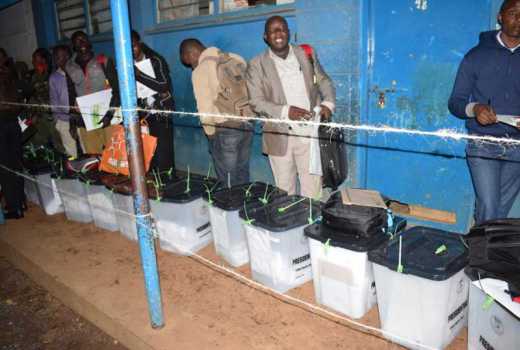
Boniface Mwangi tells a story about an encounter he had with a potential constituent. The man was married with children and the family lived in less than favourable conditions. So unfavourable in fact that the entire family had become accustomed to relieving themselves in plastic bags, which the younger children then had to dispose of. Father, mother and the kids were living in squalor, submerged in a debilitating poverty. No water, no electricity, no nothing.
So Boniface turns up at their doorstep looking for votes. He is campaigning for the Starehe Member of Parliament seat. He sits down with the father and begins to canvass for his vote, promising to make his life better once he is elected.